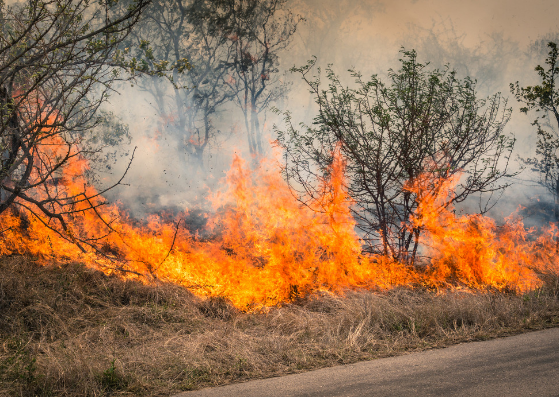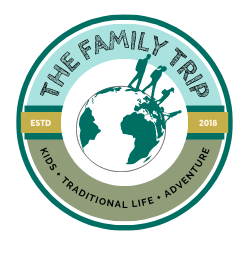
As the world seems to blaze and blow, it starts to hurt the heart. There is so much need and so much devastation lately. The number of natural disasters has steadily gone up since 1975, peaking with over 500 reported natural disasters in 2000. (source)
As I shared in our “we are back” post, we recently went through a natural disaster in our hometown. And while we are still trying to figure out what all the feelings mean, there are some things when it comes to helping that we learned.
But, first, you should know that you CAN help. There is no need to feel either dejected or that what happens in the world is someone else’s problem. Here are some tangible steps you can take to help your neighbor in the wake of a natural disaster…

Here are ways to help during a natural disaster:
1. Give local. When we went through Hurricane Florence’s immediate aftermath, the groups doing the most work, showing up, getting out into the communities and making things happen were local churches, organizations and nonprofits. They know the terrain and the people, and already have a home base to operate from. Large national groups needed more time to mobilize, jump through any legal hoops, and find places to set up. We were so grateful to everyone who came, but the energy was really in the local efforts. Additionally, the local groups keep going, long after national organizations have moved to the next thing. (Looking specifically to help the California fires? Check here. Looking to help Hurricane Florence? Check here.)
2. Give smart! Watch out for scams, GoFundMe pages, and organizations that skim a lot off the top. If you are going to give financial donations, start by knowing the organization well. Also, check your instincts. If something seems fishy, it probably is. Unfortunately, evil people try to make an easy dollar out of suffering. Let’s be sure evil doesn’t win.
3. Reach out. If you know someone close to the area, call, text, Facebook message, tweet, Snapchat. When a person is going through a crisis and feels disempowered, just knowing that someone a state, a country or a mile away is thinking of them means a lot.
4. Donate your home or a room through Airbnb Open Homes. The AirBnB Open Homes idea is revolutionary. What a wonderful way to use the plenty our country has for good. We were directly contacted by a couple before Hurricane Florence and asked if we needed their Airbnb to evacuate to. The random act of kindness did so much for us emotionally.
5. Donate blood. Don’t be squeamish. (Especially if you have birthed a child – this is nothing!)
6. Don’t forget the least of these. Animals and pets are devastated by displacement and lost owners (or even neglect and abandonment) during natural disasters. While it may not be possible for you to cross state lines and gather all of the innocent creatures, the Humane Society does a lot of wonderful work in this area.
7. Double down in your own community. If you find that you want to help people, if your philanthropic heart hurts in the wake of a natural disaster, considering looking at your own neighborhood and starting there. No community is perfect, and every place has those in need. Perhaps one way we move forward as a nation is to buttress communities and make them stronger before disasters even hit?
8. Don’t let it be forgotten! In our strange media society, we are fed 24-hour, unceasing coverage of natural disasters – until the next thing happens and there is 24 hours of that – then the next thing happens. Seeing the 24-hour news coverage of the hurricane bashing my city, unable to help and unsure what was going on, was really hard. But we felt like the world was helping and watching. Then… we weren’t the center of attention anymore and two weeks later well-meaning friends were asking us if “everything was back to normal.”
After a natural disaster, no one knows what normal MEANS. If tarps acting as roofs and destroyed couches and beds on the side of the road for WEEKS is “normal,” then yes. If parking lots surrounded by chainlink fences and FEMA trucks two months later is “normal,” then yes. Our experiences reminded me how quickly we forget about our neighbors’ suffering, how quickly we move on.
9. Treat the Earth better. The rise of hurricanes and natural disasters is the result of human beings’ impact (and if you don’t think global warming is real, this probably isn’t the right website for you to follow). Find a local conservation group in your area. Follow these easy nine tips. While we can’t necessarily reverse what we’ve done, or even have an Earth void of the inevitable impact from natural human life, we can be responsible stewards.
Overall, we are all tied together on this big ball of green and blue. And one man’s suffering is another man’s heartbreak but also opportunity: a chance to help and reach out of the bubble to connect with humanity. Take the opportunity.
